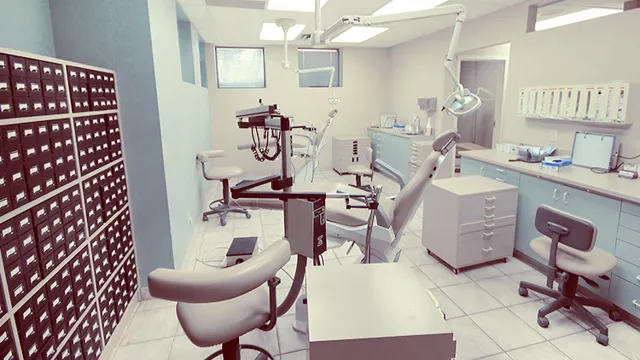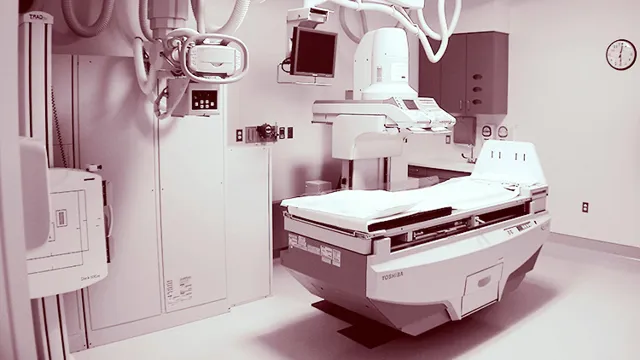GP - Cardiology: Basic Cardiac (Heart) Care
StudyHub
New Year Sale : Up to 98% Off | 4 in 1 Exclusive Bundle | PDF Certificate, Transcript, Student ID & Test Included
- Online
- 15 hours · Self-paced
- Certificate(s) included
- 40 CPD points
- Tutor support
Great service
24 Hour Flash Deal **4-in-1 Mega Bundle** ►►► Enrolment Gifts ◄◄◄ **FREE PDF Certificate**FREE PDF Transcript ** FREE Exam** FREE Student ID ** Lifetime Access **FREE Enrolment Letter ** Take the initial steps toward a successful long-term career by studying the Basic Cardiac
…





